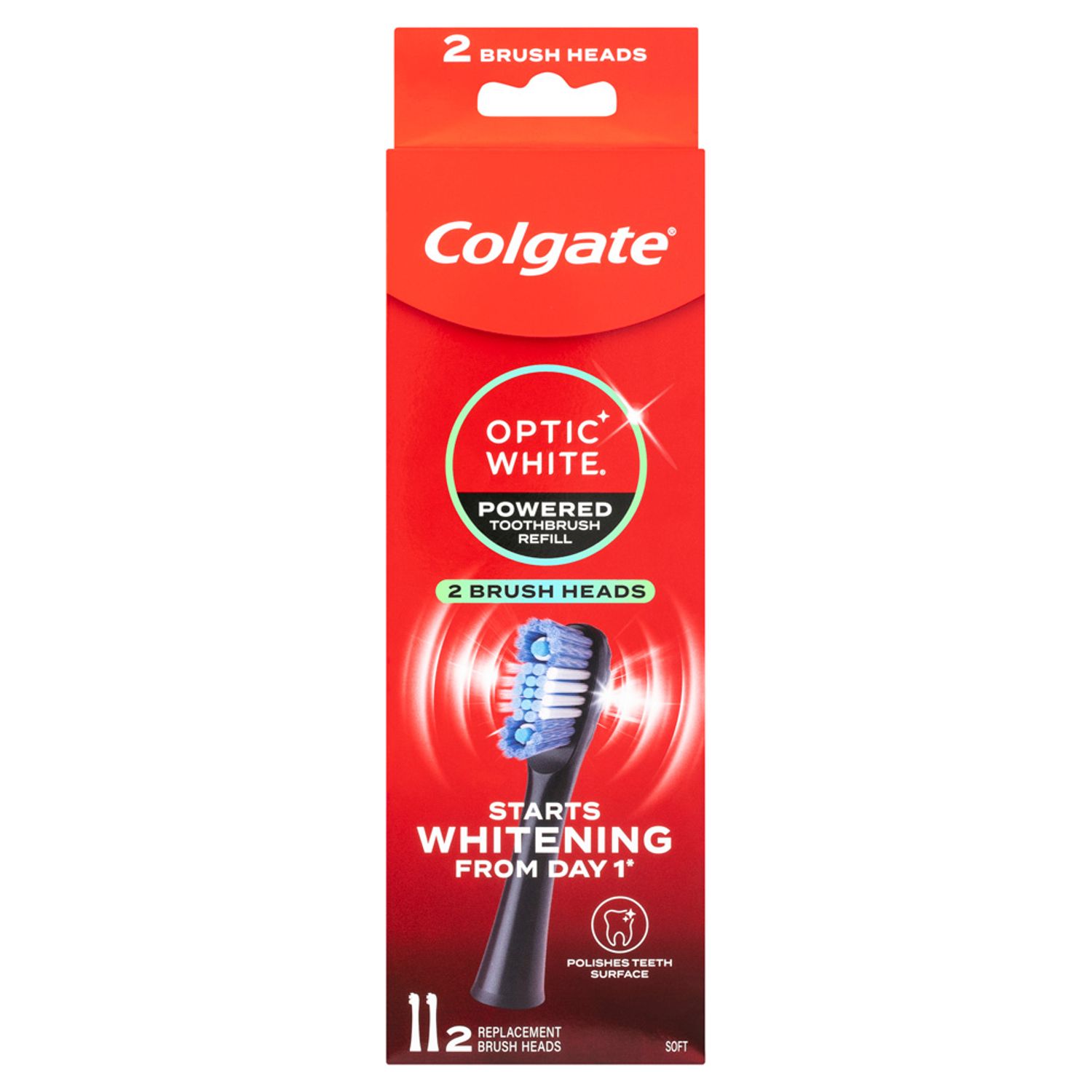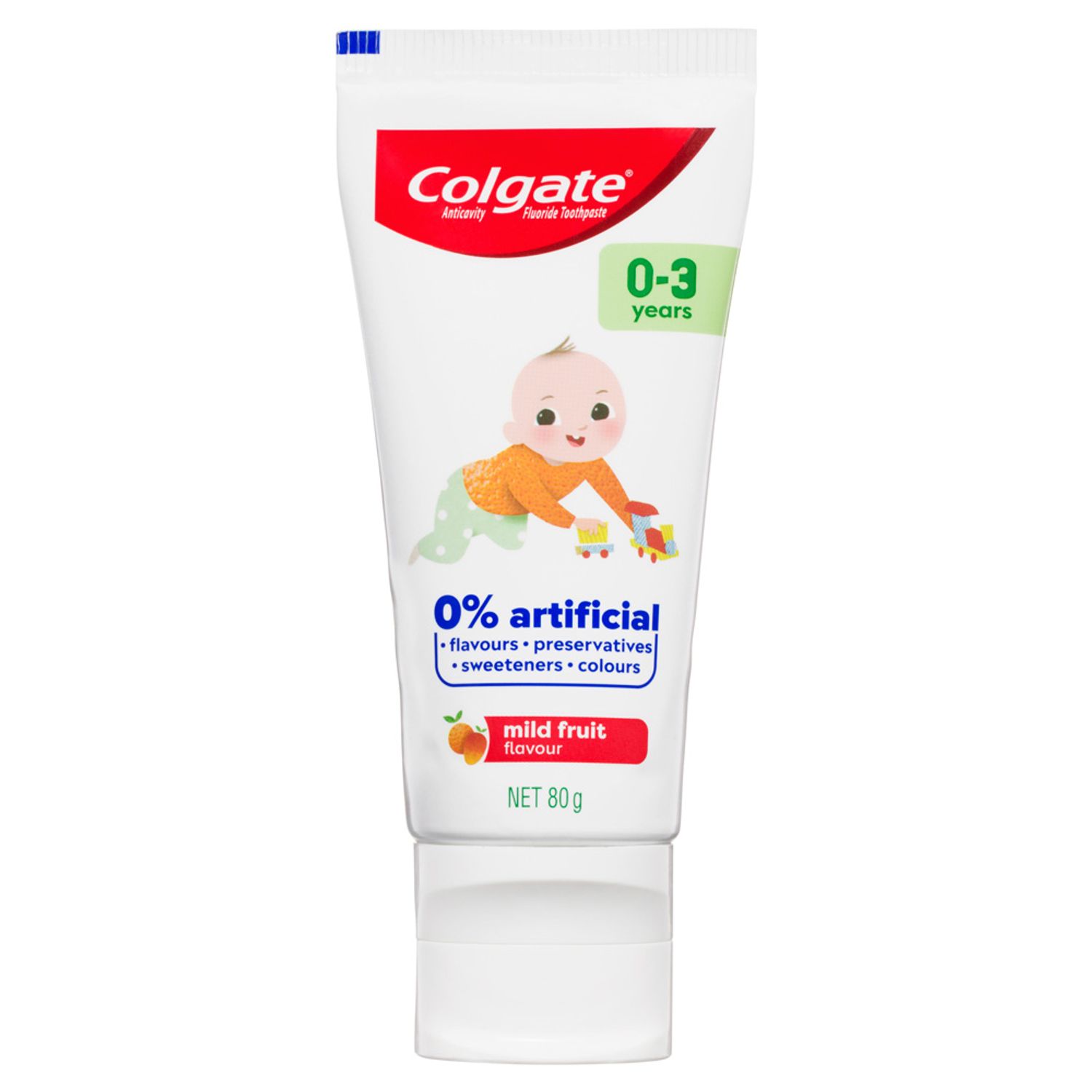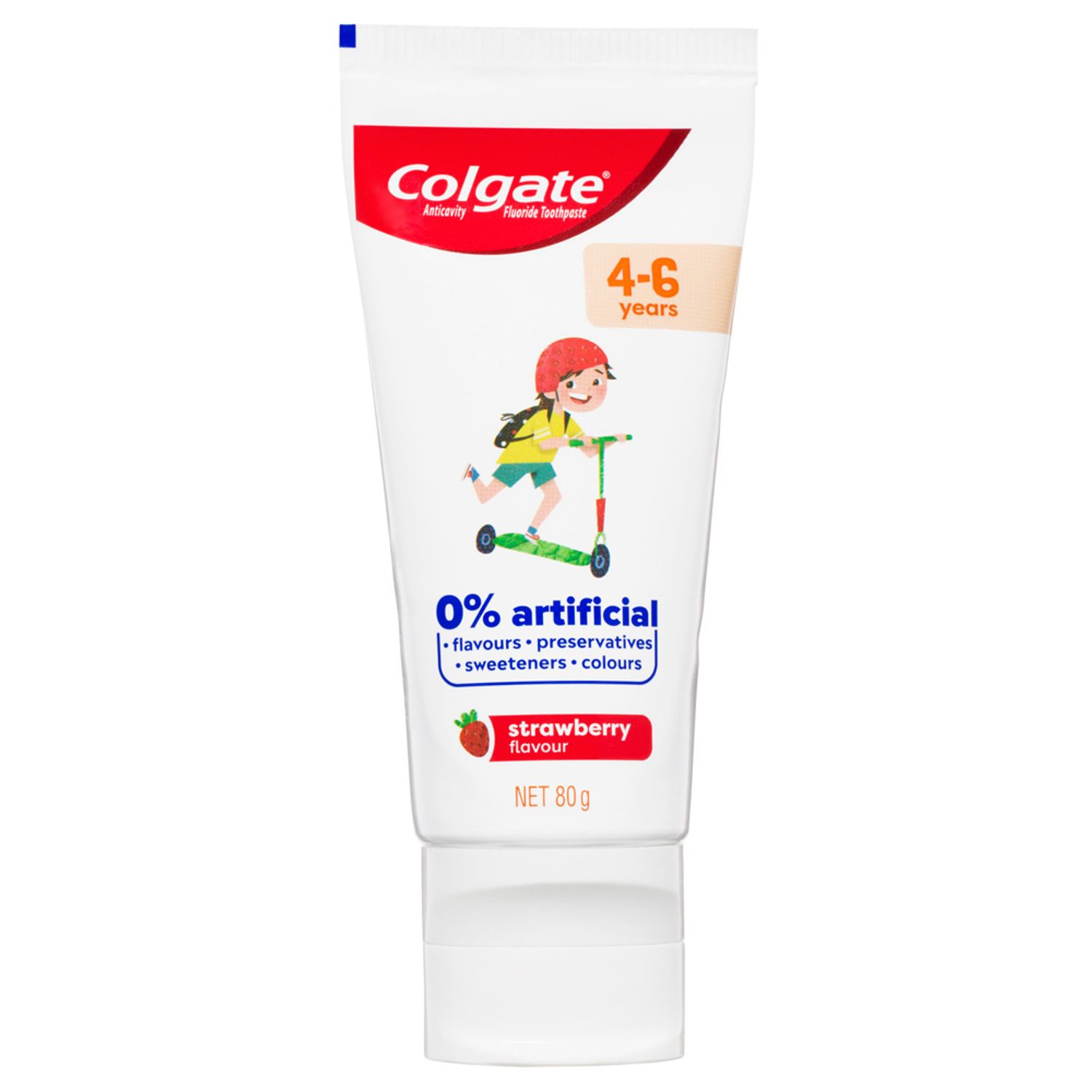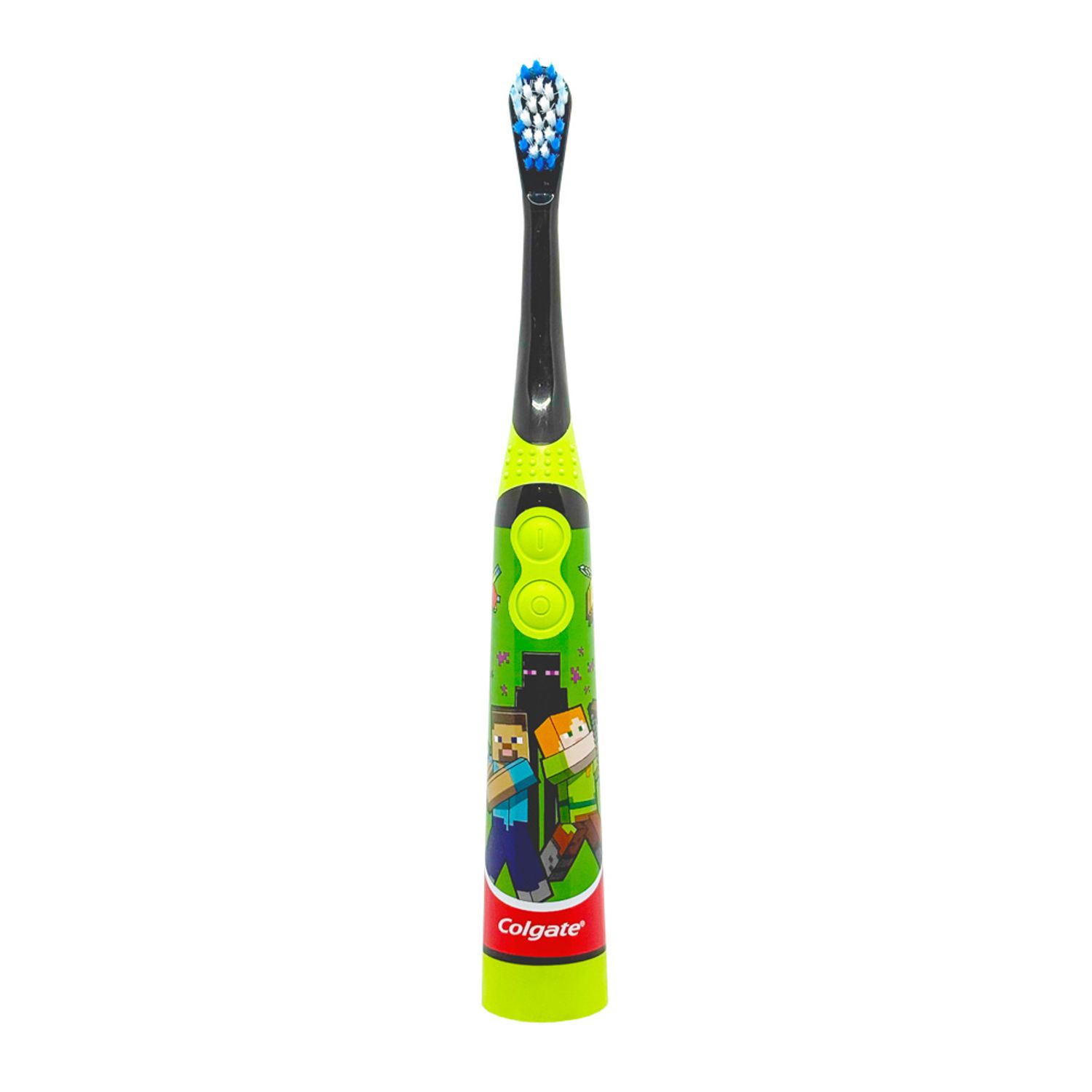-
-

BRUSHING & FLOSSING
How to BrushWhat Is the Right Way to Brush?
Proper brushing takes at least two minutes — that's right, 120 seconds!...

BRUSHING & FLOSSING
How To FlossWhat is the Right Way to Floss?
Proper flossing removes plaque and food particles in places where a toothbrush cannot easily reach... -
Science & Innovation
- Colgate® | Toothpaste, Toothbrushes & Oral Care Resources
- Oral Health
- Common Signs of Teething


The eruption of your baby's first tooth is a milestone event. According to the Australian Dental Association (ADA), most babies will develop their first tooth between four and ten months of age and have a complete set of primary teeth by three years old.
Although the most common signs of teething are irritability and excessive drooling, there are a number of other signs that may signal your baby is teething. Familiarising yourself with common indicators can help you keep your baby comfortable during this process.
Other Teething Signs and Symptoms
- Decreased sleeping: Have you noticed a significant change in the sleep pattern of your baby? Teething may be the culprit. The Queensland Government points out that while going through this process, many babies may be restless but if pain persists and causes sleeplessness, you should ask a health professional for advice.
- Excessive biting or gnawing: A baby who is teething is likely to bite or gnaw on anything he or she can find. The pressure that biting or gnawing causes may provide temporary relief from discomfort. Giving your baby a cool teething ring is a great way to help him or her through these times.
- Loss of appetite. When a baby is teething, their gums become tender and sore. As a result, they may refuse food. Naturally, the process of chewing can cause even more discomfort, resulting in a loss of appetite.
Teething Care for Your Baby
Ensure you are cleaning and caring for your baby's gums before the teeth erupt and for their teeth and gums from the time the first teeth begin to come through the gum line. Good oral hygiene practices are very important at any age.
Related Articles


Struggling to determine if your baby is teething? Continue reading for the signs and symptoms of emerging teeth in your baby.

When should your child’s first dental visit be? The Australian Dental Association says when the first tooth erupts in the mouth.
This article is intended to promote understanding of and knowledge about general oral health topics. It is not intended to be a substitute for professional advice, diagnosis or treatment. Always seek the advice of your dentist or other qualified healthcare provider with any questions you may have regarding a medical condition or treatment.
Related Products

Helping dental professionals
More professionals across the world trust Colgate. Find resources, products, and information to give your patients a healthier future








